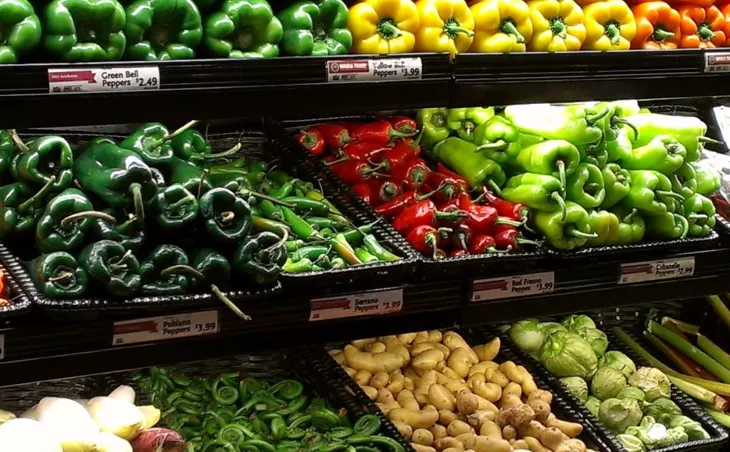More and more people are eating more and more vegetarian food. And the number of flexitarians - who have a vegetarian diet as a base but have not stopped eating meat - is increasing for the fifth year in a row. Twice as many people state the environment over health as the main driving force. It is mainly women and young people who are driving the transition to more vegetarian food.
The trend to eat more vegetarian food is becoming clearer - and more and more people are switching to vegetarian food. Lately, the proportion of vegetarians has decreased marginally and the proportion of vegans has increased slightly. The big changes have instead taken place as those who eat vegetarian a few times a week become numerous while those who never eat vegetarian become more infrequent.
The proportion of people who eat vegetarian 2 - 6 times a week has increased from 19% to 29% in five years - and the proportion who never eat vegetarian has decreased from 21% to 12%. In total, 56% of Swedish people eat vegetarian at least one day a week.
We see a progression where more and more people choose a more vegetarian diet without completely abandoning the meat. A more plant-based diet is good both for one's own health and for the development towards more sustainable food consumption with less climate impact.
23% of consumers state that they will continue to change their eating habits and eat less meat in the coming year.
Although the change is clear, there are differences between the sexes and different age groups. More women than men (10% versus 4%) are vegetarians or vegans. Among young people, 16% are vegetarians, while only 1% of older people are.
The changes in eating habits are also clearly visible in both sales and product development. Sales of vegetarian food have increased by more than 15% over the past year.
This study was made in Sweeden by axfood.com.



























